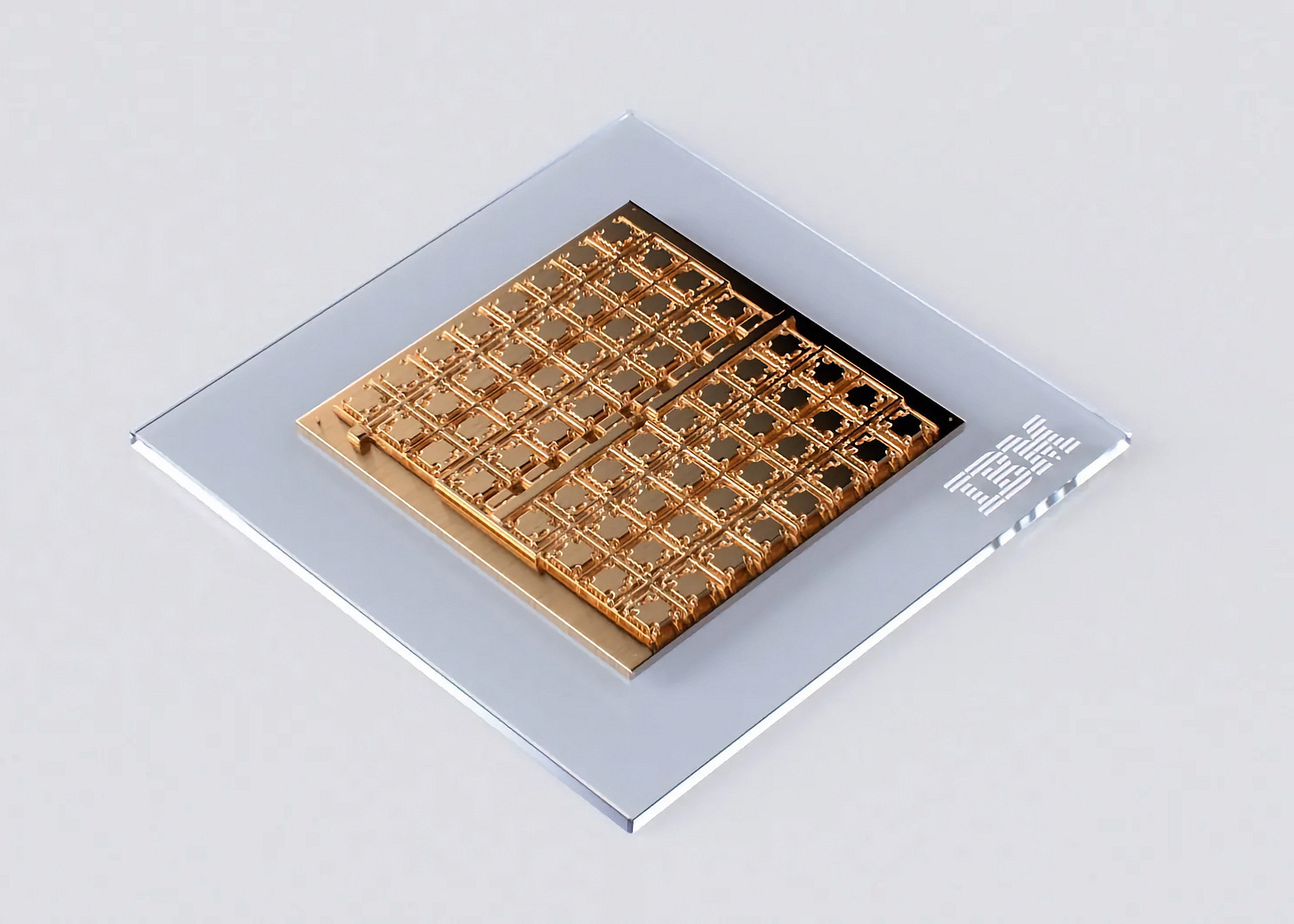AI drug discovery, generative AI chatbots, Nvidia and the latest in AI and Healthcare
I am excited to be back writing. Thank you to everyone who filled out the survey. It looks like it is better to switch to a bi-monthly cadence and deliver this newsletter a bit earlier in the week. Anyway, let’s get to the news.
Genesis raises $200M from Andreessen Horowitz
Genesis Therapeutics just raised a $200M round from a16z. We’ve touched on AI drug discovery in my posts before, learning about how companies like Entos use AI to speed up the drug discovery process. Entos combines AI and quantum computing, to cut down on the time it takes to discover a compound or a treatment for a particular condition. Similarly, Genesis’ platform represents the 3D structure and interactions of proteins. By training on molecular simulations, the model understands the physical interactions and binding affinity of molecules. This enables the platform to identify new protein targets and make accurate predictions based on 3D structures alone. “Blending technology and biomedicine has untapped potential, and it’s an exciting time to be at the nexus of these two powerful forces,” a quote from Vijay Pande, a senior partner at a16z, who also worked on the initial technologies in drug discovery that Genesis has built on.
K-health raises more money
K-Health, an Israeli-based data-driven digital primary care platform, recently raised $59 million in funding from investors and in its new partnership with Cedars Sinai, the largest hospital chain in California. The company blends AI and medical expertise to answer questions about diagnoses and treatment. The interesting thing is the company’s AI chatbot uses language models to extract relevant medical information and construct an initial diagnosis for patients. The chatbot also determines if a doctor or nurse consultation is needed. WebMD is the classic version of freaking out patients looking up their symptoms but hopefully, this chatbot will be a bit more accurate and be an appropriate channel for patients to reach the appropriate care.
Nvidia and other AI stocks to watch out for
As most of you have probably heard by now, Nvidia has performed a staggering 200% year to date through August, mainly due to the demand for its chips that provide the foundation for all generative and other AI uses. The tech market is largely expected to follow Nvidia and its earnings will be hugely important for dozens of companies, from chipmakers Broadcom (AVGO) and Marvell Technology (MRVL) to software makers like ServiceNow (NOW) and Adobe (ADBE), as well as megacaps such as Microsoft (MSFT), Meta Platforms (META) and Google parent Alphabet (GOOGL).
IBM launches a new chip
IBM Research released a new breakthrough in analog AI chip design by demonstrating a chip that shows remarkable efficiency and accuracy in running deep learning models.
The traditional approach of running deep neural networks presents limitations in terms of performance and energy efficiency. These digital systems involve intense data transfer between memory and processing units, slowing down computations and reducing energy optimization. IBM’s approach involves using Phase change memory, using nanoscale resistive memory devices that mimic the way a neural network mimics the brain. This method reduces the need for excessive data transfer and results in enhanced efficiency.
That’s it for today’s post. I am still trying to find the right balance between length, content, and cadence. Feel free to continue to provide your input on this survey as it is extremely valuable to me.







